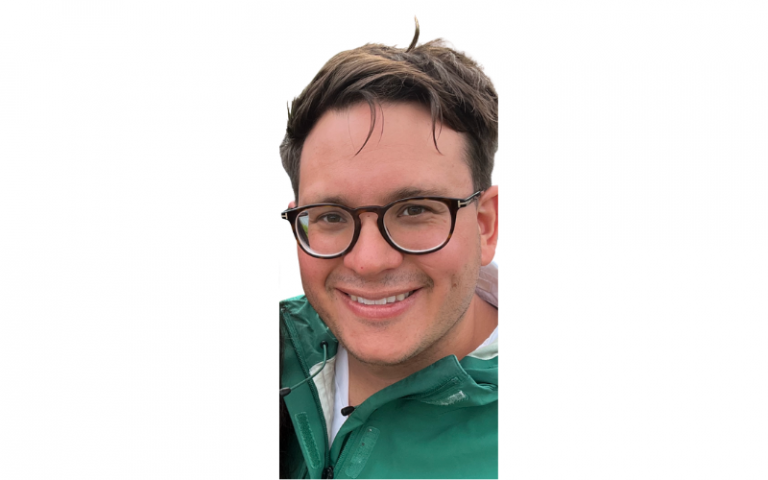Aaron Eveleigh, Government Office for Science, 2017 (3 months)
Aaron was part of the Government Office for Science’s (GO-Science) Foresight programme responsible for the production of policy products including an evidence pack and a summary report.

22 June 2021
““This Fellowship will inform the way that I communicate with government officials in the future, having had the opportunity to observe best practice first-hand. I have also become more aware of policy issues in the sphere of energy, transport, and emissions. This will shape some of my student teaching; for example, I want to integrate a policy element into my seminars.”
What was your Fellowship about?
I worked on a project titled The Future of Skills and Lifelong Learning, which was part of the Government Office for Science’s (GO-Science) Foresight programme. I was interested in developing a better understanding of how public policymaking actually happens and opportunities for engagement in the process, with the aim of developing new routes for research impact and funding. During my placement, I was responsible for the production of policy products including an evidence pack and a summary report.
What skills and experience did you gain?
I gained a range of useful skills thanks to the Fellowship. For example, I learned how to tailor my writing style and content to produce documents for senior policy audiences. Working on a project that involved the input of a large number of contributors, I also learned a lot about effectively managing the completion of project tasks, whilst balancing the expectations of the different stakeholders.
I also used my fellowship to make contact with other government departments that were working on issues close to my research interests. While I used several strategies to reach out to colleagues I had identified in other departments, including sending email introductions, I found that the most successful connections I made were through informal networks i.e. through introductions from colleagues I worked with and by meeting new people at social events. Overall, all of these skills and observations contributed to my lifelong learning and have been highly relevant to the development of my career in research and education.
What surprised you most?
I was surprised by how much influence and impact I had on shaping the final evidence pack and final report that was produced as part of the project. I had expected that the project I joined would be in its closing stages and that most of the evidence and themes would have already been decided. Instead, I was very much involved in shaping the themes, weighing in on relevant evidence, and drawing conclusions.
What would you say to other UCL researchers considering a policy placement?
If there is an opportunity to work in a private office, do so, and the earlier on in the placement the better. A private office in the civil service is a small team of civil servants dedicated to supporting ministerial duties and decisions, acting as a communication channel between the minister and officials in the department. I had the chance to work in the private office of the Government’s Chief Scientific Adviser. It not only gave me insight into the work of senior officials but also opened the door to the network of other private offices, which can be very useful for making contacts in different areas of government. They can give a very good overview of the work done within a department.
 Close
Close

